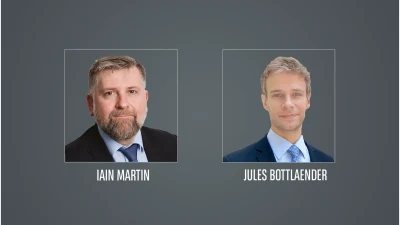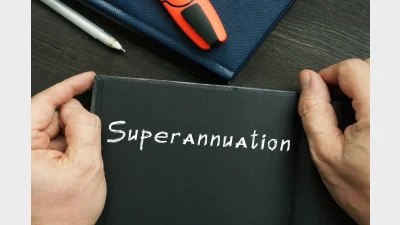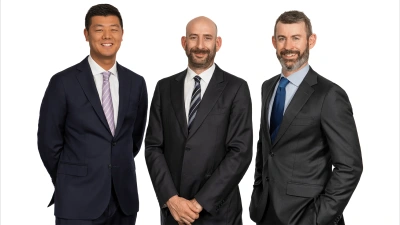Utilising technology to live with cancer, through and beyond


As anyone who’s been personally touched by cancer will tell you, fighting the disease takes a psychological toll as well as a physical one. Even if 68% of those diagnosed with cancer in Australia will survive the disease[1], the impacts of treatment – ‘chemo fog’, cancer-related fatigue, depression and anxiety included – mean that up to 40% of working age patients won’t return to work.
“As we get better at treating cancer and the survivorship following a diagnosis improves, it’s imperative we focus on the wellness of our patients” explains Dr Raghav Murali-Ganesh, one of CancerAid’s co-founders. “Our focus is on empowering patients and caregivers to make behavioural changes that will drive improved clinical outcomes and help give them back some control over their condition.”
Introducing CancerAid
The most-used app dedicated to cancer support and management in Australia, CancerAid was developed around the concept of participatory health, with a focus on educating those living with cancer on how to better manage their care and communicate more easily with their clinicians.
The organisation’s innovative work caught the attention of AIA Australia, who, in October 2018, became the first life insurer to partner with CancerAid, developing a pilot program that would go on to show a 39 per cent improvement in the number of patients actively managing their health by tracking their symptoms via the app.
Off the back of these promising results, AIA Australia has recently made CancerAid’s new six-week coaching program available to all its group insurance claimants.
Coaching through recovery
Where the program initially consisted of modules dedicated to symptom tracking, the importance of activity and exercise, advice on diet and nutrition, tips for sleeping, and techniques to improve mental health, the CancerAid Health Coach program now also incorporates a digital and personalised approach to cancer management.
Significantly, access to the program is offered to a claimant as soon as their claim is lodged. “We recognise better health outcomes can be achieved if we offer services early” explains Stephanie Phillips, AIA Australia’s Chief Group Insurance Officer. “We’ve even had claimants who started the CancerAid Health Coach Program before they commenced their chemotherapy and radiotherapy.”
For the thousands of Australians who receive a cancer diagnosis each year, the prospect of returning to work and wellbeing can be one daunting and difficult to envisage. Having a ready resource of support, literally at hand, can help to make that prospect a little easier to entertain.
“After my cancer diagnosis, the CancerAid program was extremely attractive because I felt empowered and in control to face cancer and I could look at the information from home.”
– CancerAid Program participant
About CancerAid
CancerAid is a signatory to both the Australasian Faculty of Occupational and Environmental Medicine (AFOEM) and the Health Benefits of Good Work Charter by the Royal Australian College of Physicians (RACP). This charter aims to promote the benefits of good work on people’s health and wellbeing. The joint CancerAid and AIA program brings together technology, behavioural psychology, and evidence-based practices in the aim of improving clinical outcomes for patients following a cancer diagnosis.
Copyright © 2019 AIA Australia Limited (ABN 79 004 837 861 AFSL 230043). This is general information only, without taking into account factors like the objectives, financial situation, needs or personal circumstances of any individual and is not intended to be financial, legal, tax, medical, nutritional, health, fitness or other advice.
Recommended for you
BNP Paribas explores how climate disclosures across APAC are setting new benchmarks for transparency & accountabilit...
Hey, small business owner, have you been paying your super? It’s become common knowledge that small business owners are ...
Shaping the future: discover how global custodians are driving innovation through digital solutions in the Australian and New Zealand markets.
The world’s electricity grids are large, but they are about to become giants with the fundamental shift to the electrifi...













